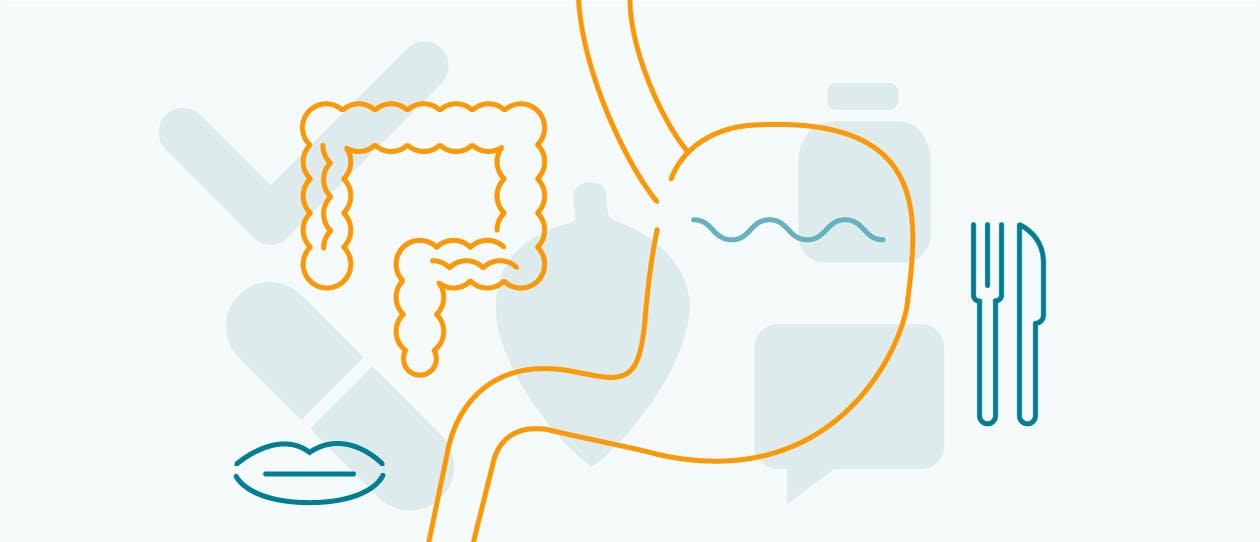


Hiccups are repetitive, involuntary, short intakes of breath accompanied by a distinctive sound and caused by a sharp muscle contraction or spasm that is felt just below the sternum (breastbone).
Hiccups usually last only a few minutes, but very rarely they may last for days, weeks or even longer.
Hiccups are caused by involuntary spasms of the diaphragm, causing a short, involuntary intake of breath. The intake of breath is stopped by the epiglottis (the valve that prevents food being inhaled into the airways), which suddenly closes, producing the characteristic sound.
It is not known what causes the nervous system to trigger spasms in the diaphragm, and hiccups often start without any discernible trigger. When a trigger can be determined, hiccups are often related to factors that increase the pressure on the diaphragm, such as:
- Indigestion
- Eating too quickly
- Eating foods that are hot or spicy
- Consumption of alcohol or carbonated beverages
- Smoking
- Stress
- Being pregnant
Prolonged episodes of hiccups that last days, weeks or even longer, may be symptomatic of an underlying disease (e.g. thyroid disease, oesophagitis, brain damage, pleurisy), or a consequence of abdominal or chest surgery.
In addition, people taking certain drugs (e.g. anti-epileptic medicines, nicotine gum) are more prone to hiccups than others.
There are many strategies for relieving hiccups. They may not work every time, but it won’t hurt to try any of these:
- Drinking a glass of water
- Holding your breath
- Breathing into a paper bag - be sure never to use a plastic bag though
- Swallowing a teaspoon of sugar or drinking honey dissolved in warm water
- Sucking on fresh lemon or chewing on a slice of ginger
- Asking someone to give you a fright
- Extended episodes of hiccups should be investigated by your doctor, as they may occasionally be indicative of underlying disease.
- Talk to your doctor if you suspect that your medicine may be causing your hiccups – switching to a different medicine or dosage may relieve the problem.




